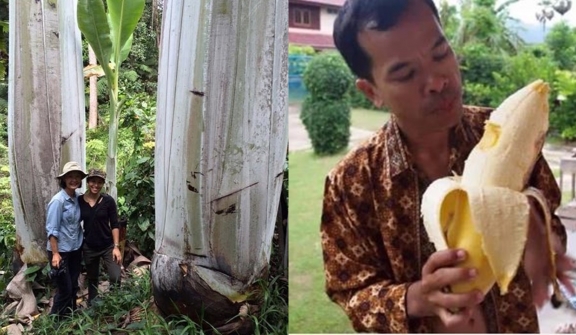
Giant banana trees are located in the forested area around the Bosavi volcano in Papua New Guinea. Having long been recognized as a familiar plant that is closely associated with the lives of indigenous peoples.
However, they are still extremely strange plants to the world. While not bringing economic benefits, giant bananas are also a great helper in the daily lives of Papua New Guinea's indigenous people. They used the leaves to make tents during their long hunting trips in the forest.
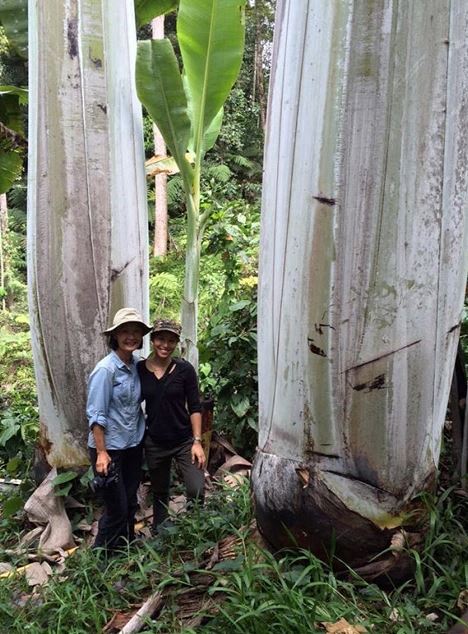
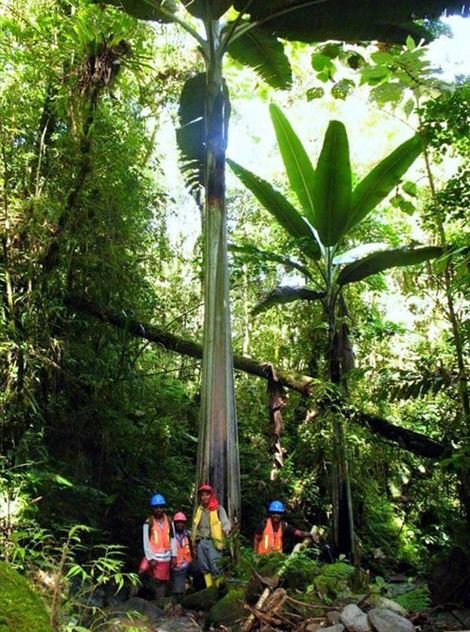
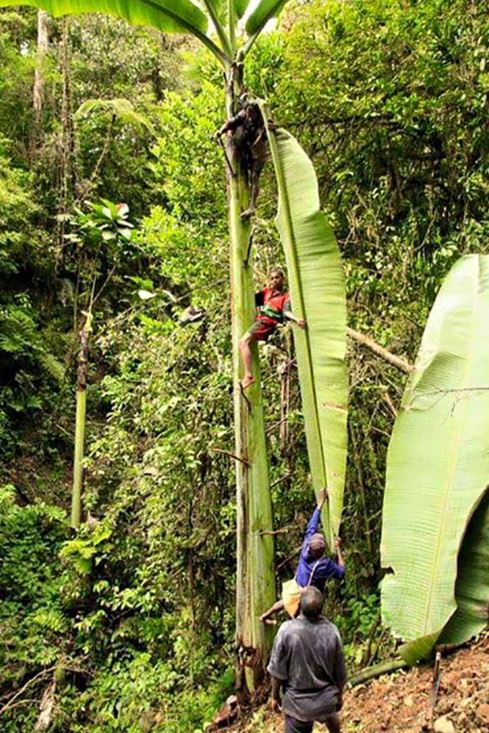
These giant banana trees are called Musa ingens, which means huge bananas. They are the largest of the banana family and are considered endemic to the rainforests of Papua New Guinea.
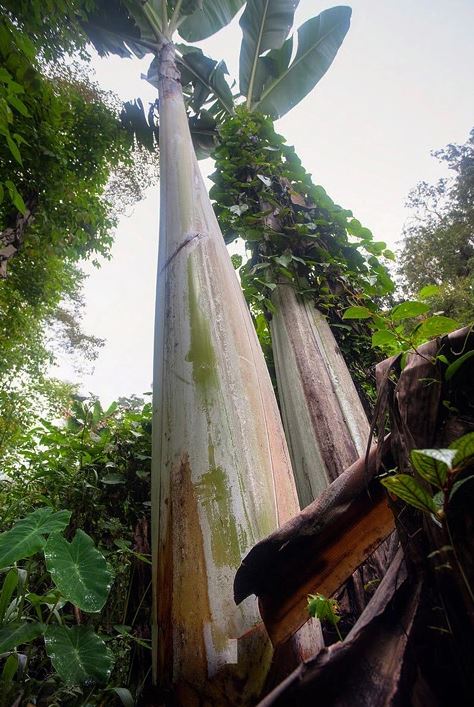
The height is 15 meters, and the circumference of each giant banana tree can also reach 2 meters. Their leaves are also classified as 'terrible' and measure 5 meters in length and 1 meter in width, with pseudobulbs measuring 2 meters.
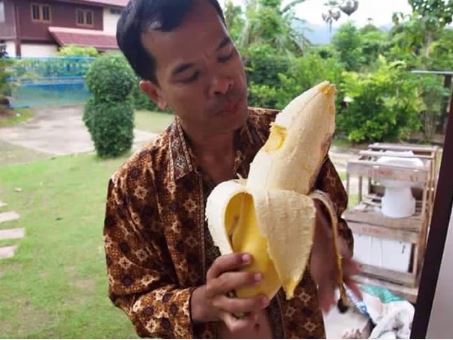
When giant bananas are ripe, each chamber is not only large and full of fruit but also very heavy. Each chamber is estimated to weigh on average about 60 kg. They are about 18 cm long and 3-4 cm wide, but the fruit is not edible.
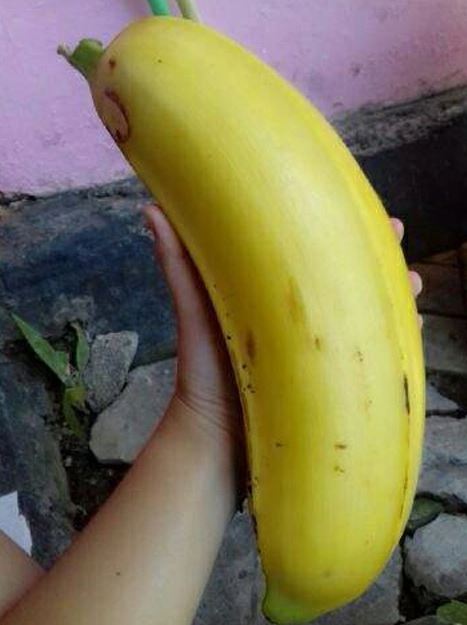
Today, there are very few giant bananas left in the wild because their seeds are hard to find. Also, it may take up to a year or more for the seeds to germinate. As a result, giant bananas are now very rare and sought after by many plant lovers across the globe.




